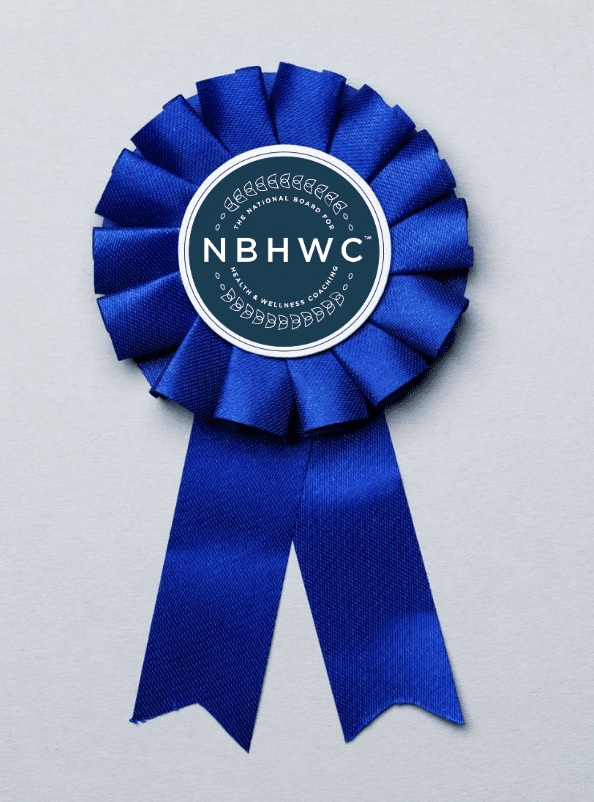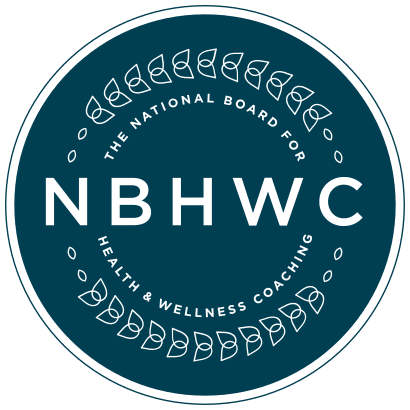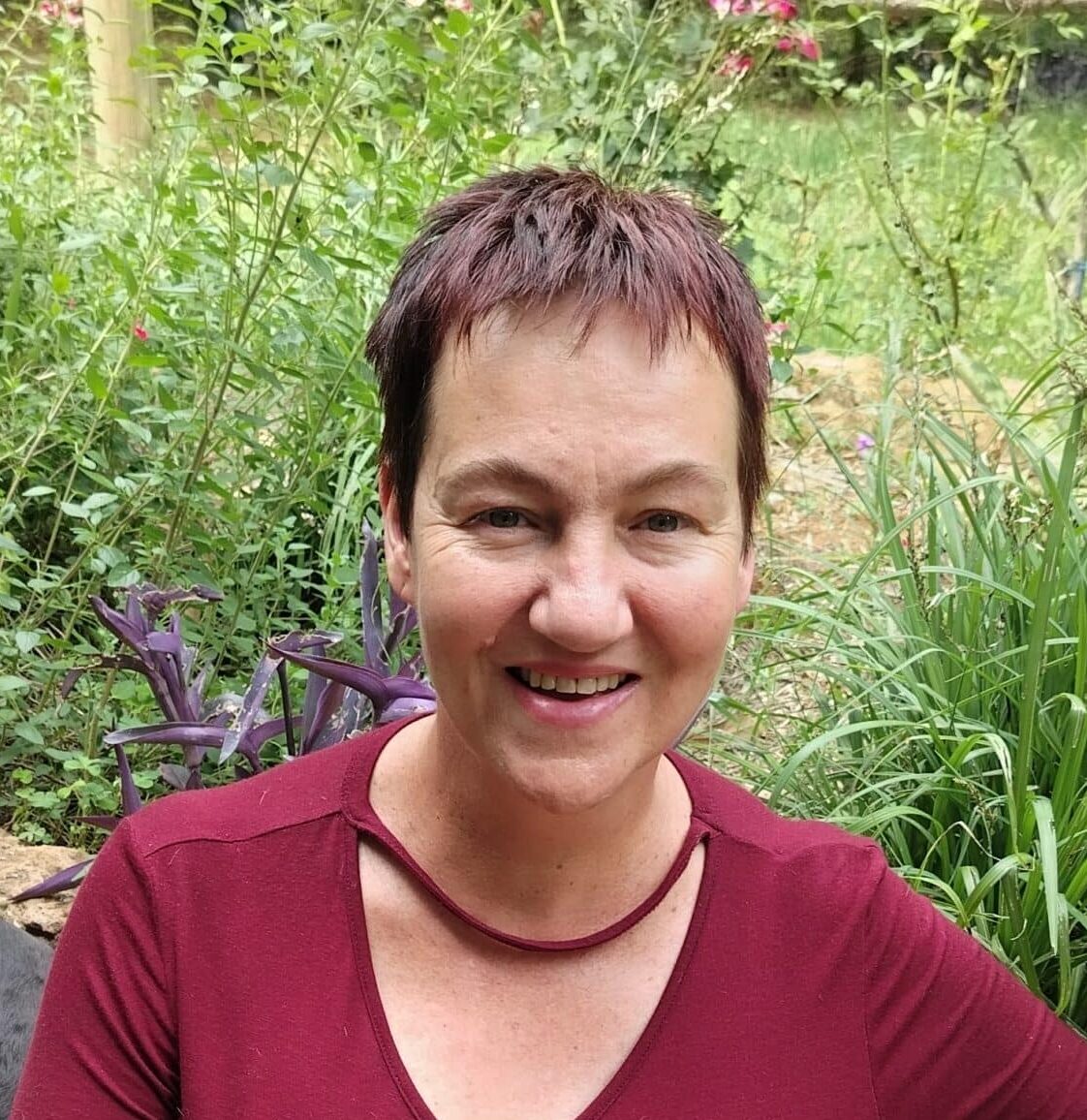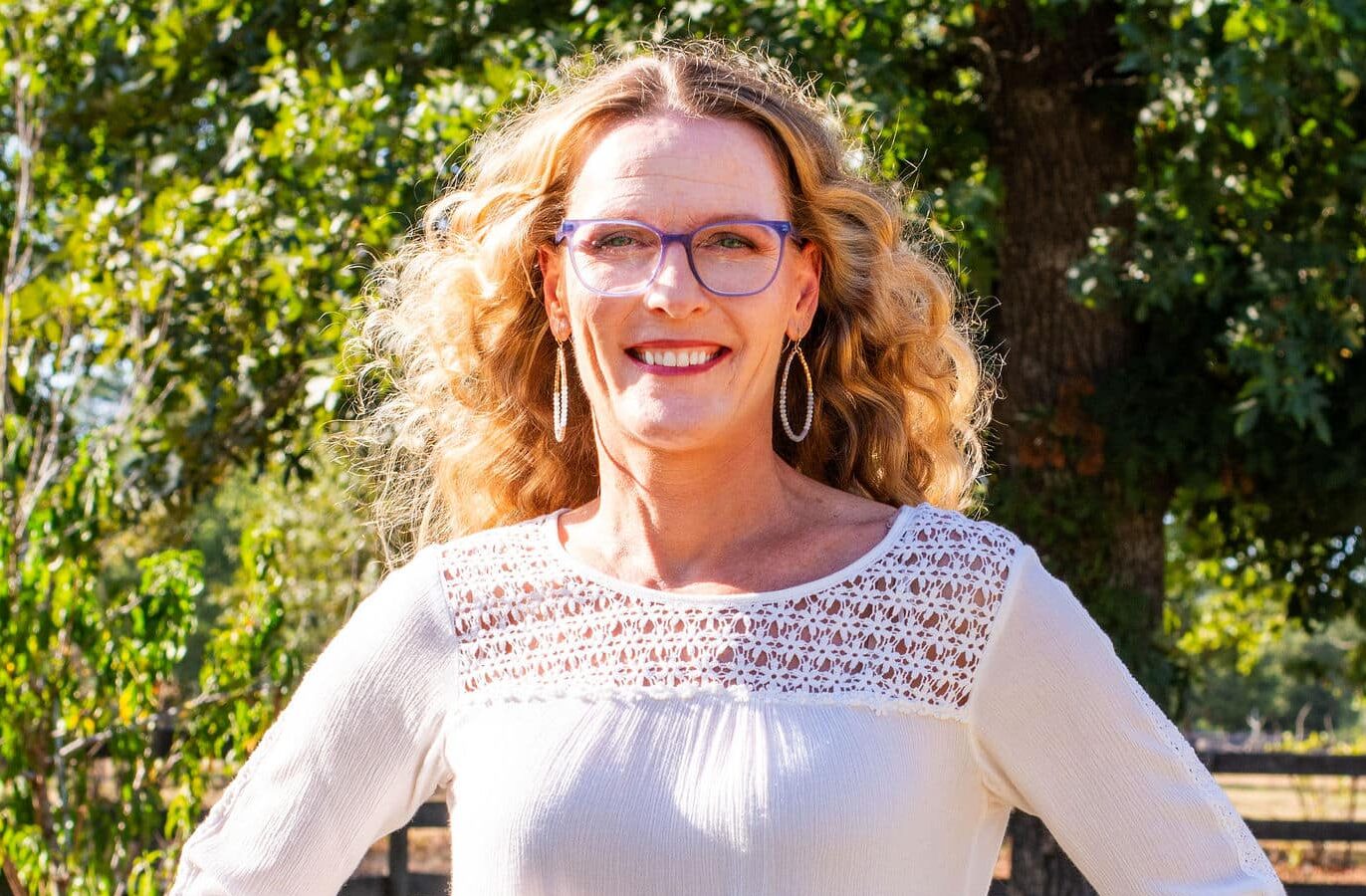A new healthcare field isn’t truly established until it has consistent professional standards to guide its practitioners. After years of rapid growth, health coaching now has those standards, thanks to the National Board for Health & Wellness Coaching (NBHWC) and its National Board-Certified Health & Wellness Coach (NBC-HWC) credential.
The NBC-HWC designation has quickly become essential for coaches in the US, signaling those who have completed in-depth, professional-grade training and passed a rigorous qualifying exam.
NBHWC’s work has elevated the health coaching field, and FMCA is proud to be part of that success. Our graduates consistently exceed the average pass rate on the NBHWC exam, reflecting the quality of their skills and preparation.
If you’re considering a career in health coaching or looking to take your practice to the next level, understanding what NBHWC does and why board certification matters is a great place to start.

What Is The National Board for Health & Wellness Coaching (NBHWC)?
The National Board for Health & Wellness Coaching (NBHWC) is the organization that sets professional standards for the health and wellness coaching field. Its work ensures that health coaches receive consistent, high-quality training that instills the knowledge and skills required to be an effective coach. Those who meet this standard earn the credential “National Board-Certified Health & Wellness Coach” (NBC-HWC).
NBHWC: Quick Facts
Incorporated: 2017
Partnership: Developed the board certification exam in collaboration with the National Board of Medical Examiners (NBME)
Mission: To champion the advancement of health and wellness coaching through evidence-informed standards of education, training, credentialing, and research.
Vision: The NBHWC envisions a world where all people have the opportunity to thrive, including with the support of qualified health and wellness coaches.
Headquarters: Raleigh, North Carolina
Since its founding, NBHWC has raised the bar for what it means to be a qualified health coach. By holding coaches to rigorous standards of competence, ethics, and integrity, the organization helps strengthen the credibility of our profession and build trust with clients, healthcare providers, and employers alike.
These standards also separate coach training programs that are legitimate and credible from those that are not. Because the widely-used title “health coach” remains unregulated, a program being NBHWC-approved signals to prospective coaches and clients that graduates have received comprehensive, proven training that equips them to coach safely and effectively. By upholding these standards, NBHWC empowers coaches and helps the field grow as a respected part of the broader healthcare landscape.
Why Board Certification Matters for Your Career
If you want to stand out as a health coach, board certification is a game-changer. Earning the prestigious NBC-HWC credential shows that you’ve met rigorous standards and are equipped to deliver high-quality, impactful coaching.

Here’s how board certification can elevate your career as a health coach:
- Builds your credibility: Clients, employers, and healthcare providers instantly recognize that you’ve completed comprehensive training and demonstrated the skills to coach safely and effectively.
- Earns trust from day one: Certification signals your professionalism and competence, helping clients feel confident in your guidance from the very first session.
- Opens doors professionally: Board certification can help you land jobs, join integrated care teams, or access reimbursement opportunities that uncredentialed coaches may miss.
- Demonstrates your commitment to excellence: Completing the board certification process shows you’re serious about your craft. You don’t just call yourself a coach, you’re a recognized professional in the field.
- Sets you apart in a competitive market: In a field where anyone can claim the title of health coach, NBC-HWC certification immediately distinguishes you as someone with verified expertise.
- Grows your network and community: As part of the NBC-HWC network of like-minded professionals, you gain access to networking events, continuing education resources, and shared experiences that foster ongoing learning, collaboration, and professional support.
Board certification isn’t just a title. It’s a tangible way to demonstrate your skills, build your reputation, and advance your career as a health coach.

How To Become NBHWC Certified
Earning the National Board-Certified Health & Wellness Coach (NBC-HWC) credential is a multi-step process designed to ensure you are fully prepared to coach with skill, confidence, and integrity. The journey begins well before you sit for the actual exam:
- Graduate from an NBHWC-approved health coaching certification program*. Start by enrolling in an NBHWC-approved program, such as FMCA’s Health Coach Certification Program. These programs teach the core knowledge, coaching skills, and practical strategies you need to work effectively with clients.
Upon completion, you’ll receive a program-specific health coach credential (for example, FMCA graduates earn the credential Functional Medicine Certified Health Coach). Program-specific credentials are a valuable and necessary first step, but they do not always carry the national recognition that NBHWC board certification does.
*An Associate’s Degree or equivalent work experience is also required. - Complete 50 coaching hours. Next, you’ll apply your knowledge in real-world practice by completing 50 health and wellness coaching sessions. This gives you hands-on experience across a variety of client scenarios. You’ll log your hours and submit them to NBHWC.
- Register and prepare for the exam. When you’re ready, you’ll register to sit for the NBC-HWC exam through NBHWC. The 4 ½ hour test is offered 3 times per year at testing centers across the US and internationally (find full details here). Most candidates prepare by reviewing core coaching competencies and practicing content that will appear on the exam (see more exam prep tips below).
- Take the board certification exam. On exam day, you’ll spend about 4 ½ hours at the testing center to be evaluated on the knowledge, skills, and abilities essential for safe and effective health and wellness coaching. The test itself is multiple choice and includes a tutorial section, two test sections with a 15-minute break in between, and a post-test survey.
Make sure you’re prepared on test day:- Bring a hard copy of your test scheduling permit
- Bring an unexpired government-issued photo ID that exactly matches your permit
- Dress comfortably and in layers—and avoid clothes with pockets
- Bring water and snacks
- You’ll have access to secure personal item storage for anything that’s not allowed into the exam room
- Receive your results. Candidates typically receive their results via email about 4-6 weeks after their test date. The test is pass/fail, with the passing score determined by a panel of experts to ensure the credential remains rigorous and credible. FMCA grads maintain an exceptional 95% pass rate, reflecting our program’s quality and the preparation it provides. If you don’t pass, you may attempt two more times before further training is required.
- Earn your NBC-HWC credential. Once you pass the exam, you officially earn the NBC-HWC credential. Congratulations! Make sure to add it to your email signature and resume, your business cards, your online presence, etc.
The journey to NBC-HWC certification helps you develop the skills, knowledge, and confidence to be an effective health coach, and earning the credential validates your expertise. It signals to clients, employers, and colleagues that you meet the highest professional standards.
Preparing for Board Certification: Exam Prep Tips and Resources
Passing the NBC-HWC exam is the final step in earning your board certification, and preparation is key. Everyone’s study style is different, but using trusted resources and planning ahead can make the process more manageable and help you feel confident on test day.

- Get all the test details in the NBHWC Bulletin of Information: This comprehensive guide covers everything you need to know about the exam, from registration to content areas and testing procedures. Reviewing it early ensures you understand what to expect before you schedule your exam.
- Practice for the test with the NBHWC Practice Exam: The official NBHWC practice exam includes 50 questions with detailed explanations for each answer. It’s an excellent way to familiarize yourself with the exam format and test your knowledge. ($65 fee)
- Understand HIPAA Compliance: Knowledge of both the HIPAA Privacy Rule and HIPAA Security Rule is essential for any health coach. These rules are critical for safe, ethical practice and are included on the board exam.
- Prepare efficiently with The Health Nerds: Created by FMCA graduates, this online, self-paced study program is for anyone who plans to sit for their Board Certification. For an overview, listen to the Health Nerds discuss this resource on our podcast, Health Coach Talk:
More Study Tips for NBC-HWC Success:
- Start early and spread your study sessions over several weeks, so you don’t feel the need to cram right before your test date.
- Focus on areas where you feel less confident, but review all core coaching competencies so they’re top-of-mind.
- Take practice exams to identify patterns, time yourself, and track your progress.
- Form study groups or discuss scenarios with peers—this can help ease nerves and deepen your understanding of the content.
- Use mind-body techniques, such as soft belly breathing and positive visualizations, to stay calm and centered, both while studying and on exam day.
- Remind yourself of the preparation you’ve done and approach your test day with confidence. You’ve got the foundation you need to succeed.
With these resources and steady, focused preparation, you’ll walk into the exam feeling confident and ready to earn your NBC-HWC credential.
Moving Forward On Your Path to National Board Certification
Board certification reflects the skills, knowledge, and commitment you bring to your coaching. It shows that you’re prepared to make a real impact, while giving you the confidence and recognition to thrive in your career and help others achieve their best health. Step into the next chapter of your coaching journey and take the exam with confidence—you’ve earned this opportunity.




